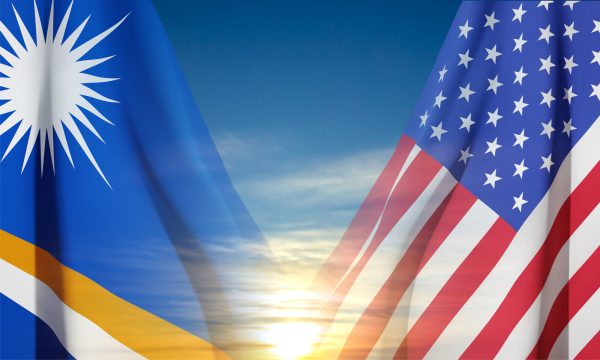jacksondwj.com – The relationship between the Marshall Islands and the United States is deeply rooted in historical events that date back to World War II. During the war, the United States seized control of the islands from Japan in 1944, during the Gilbert and Marshall Islands campaign. This marked the beginning of a significant U.S. presence in the region.
The Trust Territory Period
In 1947, the United Nations assigned the United States as the administrative authority over the Trust Territory of the Pacific Islands, which included the Marshall Islands. This arrangement facilitated U.S. governance and influence over the islands, setting the stage for future developments.
Nuclear Testing and Its Aftermath
One of the most controversial aspects of the U.S.-Marshall Islands relationship is the nuclear testing conducted by the United States from 1946 to 1958. The testing, particularly at Bikini Atoll, had long-lasting effects on the environment and the health of the Marshallese people. This period has left a legacy of grievances and negotiations for compensation and rehabilitation.
Independence and the Compact of Free Association
The Republic of the Marshall Islands gained independence in 1986, following the signing of the Compact of Free Association with the United States. This agreement granted the Marshall Islands full sovereignty while allowing the U.S. to maintain military rights in the region. In return, the U.S. provided financial assistance and other benefits, which have been pivotal for the islands’ economy.
Modern-Day Relations and Challenges
Today, the relationship between the Marshall Islands and the United States remains complex, balancing strategic interests with historical obligations. The Compact of Free Association continues to be a central element, periodically renegotiated to adapt to changing needs and geopolitical landscapes. The Marshall Islands also face significant challenges related to climate change, with rising sea levels threatening their very existence, a concern that has prompted calls for greater U.S. support and international cooperation.
Conclusion
The Marshall Islands’ relationship with the United States is a multifaceted narrative of history, diplomacy, and mutual dependency. While the past includes difficult chapters, such as nuclear testing, the present and future focus on cooperation and addressing global challenges together. As both nations look forward, the emphasis remains on strengthening ties and addressing shared concerns.
